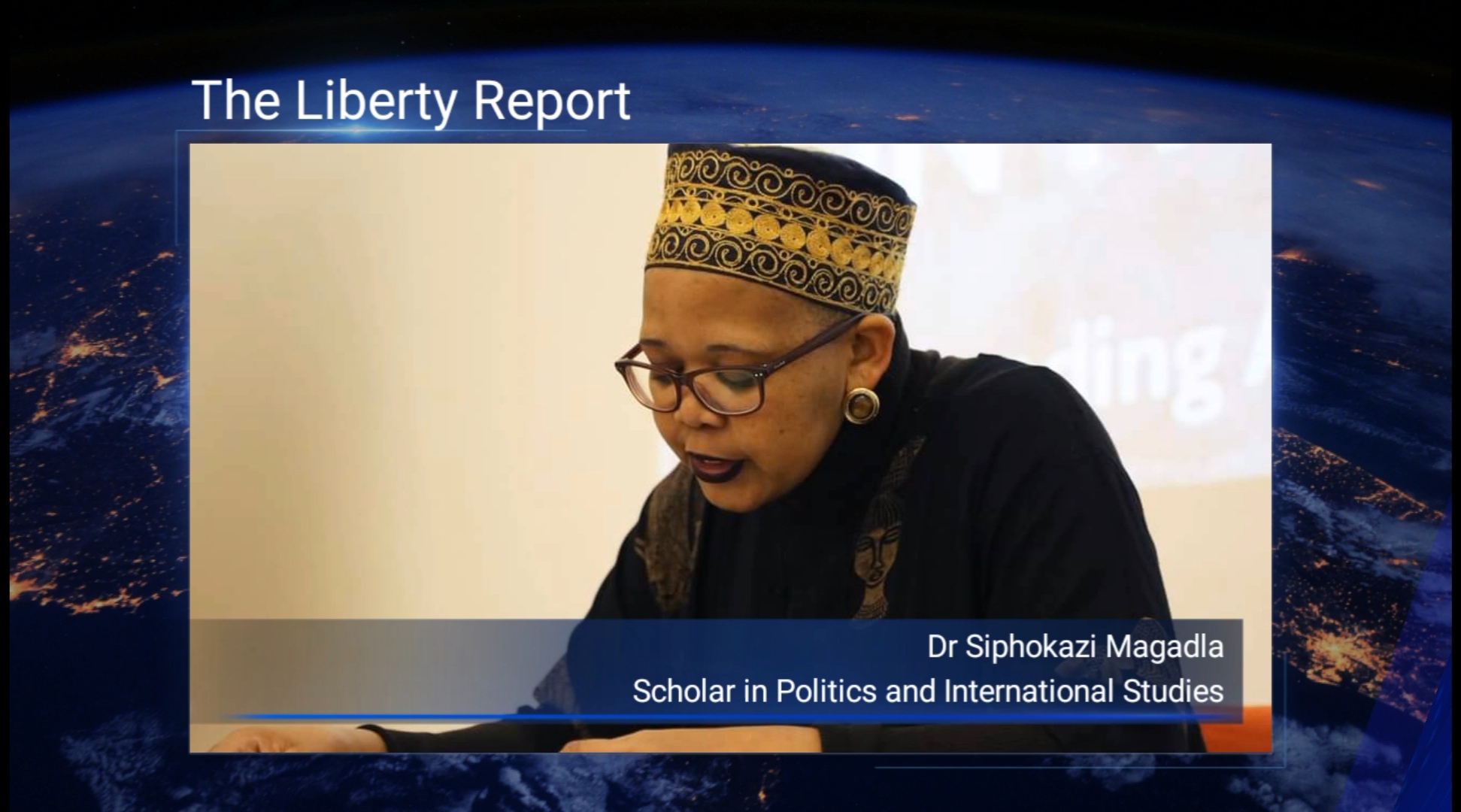Dr. Siphokazi Magadla’s work on theorising women and girls in war has been significant in rediscovering women’s erased contributions in politics and governance, she writes that most of this erasure, is largely due to the contestation of what constitutes a warzone, and war effort. Which is why I start off by asking her about the home as a warzone.
In her essay, The Personal Is the International: For Black Girls Who’ve Considered Politics When Being Strong Isn’t Enough, published in the 40th anniversary edition of Politikon: South African Journal of Political Studies, she wrote that the African worldview and the feminist perspective present us with an opportunity to imagine a new kind of international. I ask what she meant by this, in light of the global pandemic.
She responds to how we can better ensure that future generations of women and queer voices do not have their contributions towards political change erased, and other questions.
Grab a scone, and tea to watch the full interview with Dr. Siphokazi Magadla for The Liberty Report below.
The aftermath of the Sharpeville massacre, which led to the banning of the African National Congress and the Pan Africanist Congress, is often understood as the tragedy that led to the ‘turn to the armed struggle’ in South Africa. Poqo/Azanian People’s Liberation Army (APLA) and uMkhonto we Sizwe (MK), the armed wings of the PAC and the ANC respectively, were formed in 1961. This year, marks 60 Years of that particular phase of the armed struggle in South Africa. In this interview with Welcome Mandla, we reflect on conceptions of armed struggle, where did the war happen in South Africa, who are/were the combatants of that war for liberation?
Dr. Siphokazi Magadla
To learn more about Dr. Siphokazi Magadla and her publications, click here.

